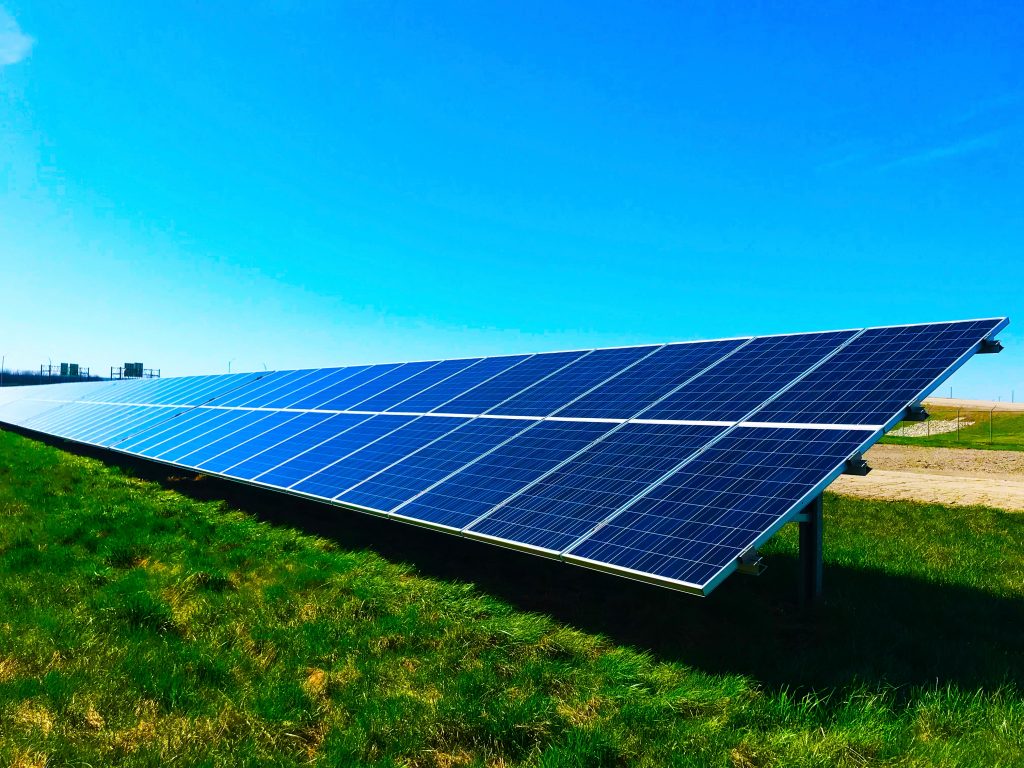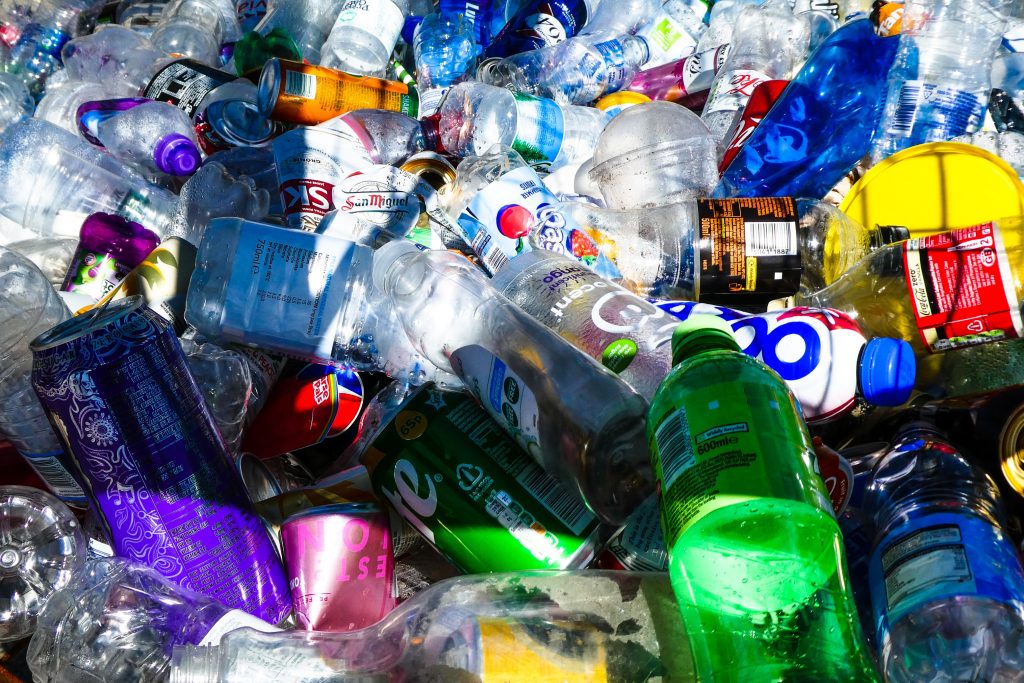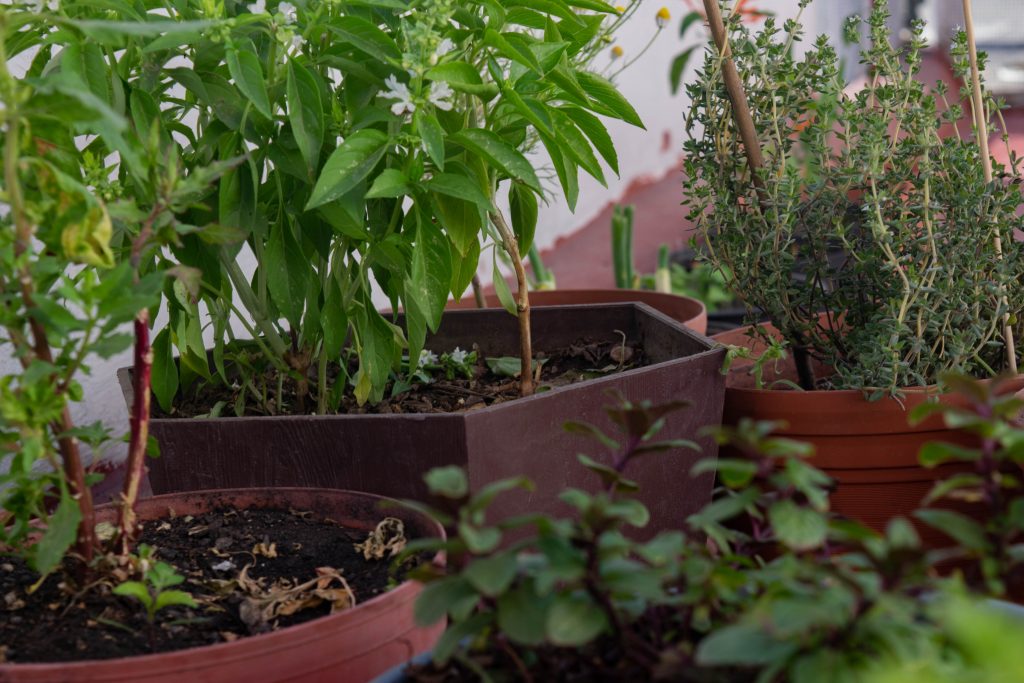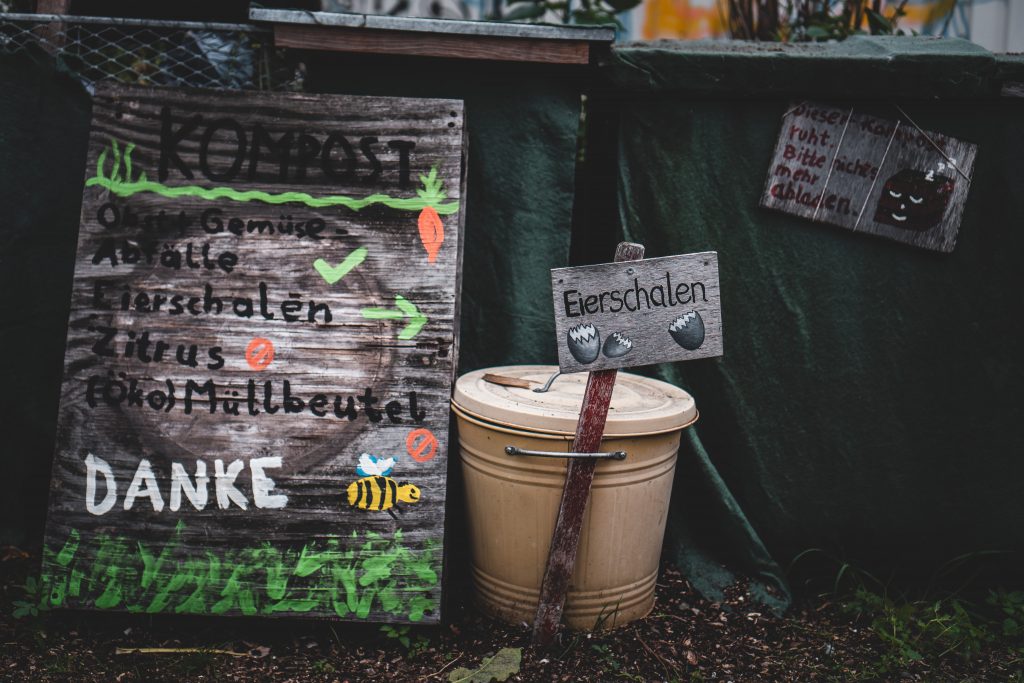This article will give you some practical tips on how to lower your carbon footprint. You may not use all of the , but whatever you do will help your carbon footprint to lower
Reducing Your Carbon Footprint
Reducing your carbon footprint is easier than you think, and it can have a huge impact on the environment. Every action we take has an effect on the environment, and reducing your carbon footprint is a great way to have a positive impact.
and it can have a huge impact on the environment. Every action we take has an effect on the environment, and reducing your carbon footprint is a great way to have a positive impact.
There are many simple and easy ways to reduce your carbon footprint, such as reducing your energy consumption, using renewable energy sources, and recycling.

(photo/Unsplash)
Reducing your energy consumption is one of the most effective ways to reduce your carbon footprint. This can be done by making sure all lights and electronics are turned off when not in use.
Tips To Lower Your Carbon Footprint
Additionally, you can reduce your carbon footprint by unplugging any devices that are not in use, as they still draw energy from the wall. You can also switch to energy-efficient light bulbs, such as LED or CFL bulbs, to help reduce your energy consumption.
LED and CFL bulbs are much more efficient than traditional incandescent bulbs, and they last much longer too. LED bulbs, in particular, are known for their long lifespan, and they can last up to 25 times longer than traditional incandescent bulbs.

(photo/Unsplash)
This makes them a great choice for those looking for a more energy-efficient and cost-effective lighting solution.
Getting energy efficient appliances is a smart move for any household, as it can help reduce energy costs and also help the environment.
Energy Efficient Appliances
Energy-efficient appliances are a great way to save money in the long run and make your home more eco-friendly.

(photo/Unsplash)
They use less energy than traditional appliances, so you can reduce your electricity bills and help the environment by reducing your carbon footprint.
Not only that, but you can also save money in the long run and make a positive contribution to the planet.

(photo/Unsplash)
There are many ways to reduce your carbon footprint, such as using energy-efficient appliances, turning off lights when not in use, and unplugging devices when not in use. It is a great way to reduce the amount of energy we use.
Recycling
Recycling is also an important part of reducing our energy consumption. By recycling, we can reduce the amount of energy used to create new products from raw materials.
Additionally, recycling helps to conserve natural resources, such as forests, water, and minerals, and reduce the amount of waste sent to landfills. This is an important step in preserving the environment and protecting the planet.
Recycling also reduces the amount of energy used to create new products. By reusing materials, less energy is needed to manufacture them, meaning that fewer resources are used in the process.

(photo/Unsplash)
This is beneficial for the environment, as it reduces the amount of energy that would otherwise be needed to produce the same item from scratch.
Additionally, reusing. Furthermore,materials help to reduce the amount of waste that is sent to landfills, incinerators, and other disposal sites.
Reusing materials also helps to conserve energy and natural resources, as it takes less energy to reuse something than to create it from scratch.

(photo/Unsplash)
For example, recycling aluminum cans uses 95% less energy than creating new cans from raw materials. This is because the recycling process only requires melting down the cans and reshaping them into new containers.
This process is much more efficient than having to mine for the raw materials, such as bauxite, which is necessary to produce aluminum. In addition to being more efficient, it also reduces the amount of energy needed to produce the containers. By recycling, the energy that would have been used to extract the raw materials is saved.
(photo/Unsplash)
Composting your food scraps and other organic waste is an excellent way to reduce the amount of waste you generate.
Not only does composting help reduce the amount of waste that ends up in landfills, but it also helps to create nutrient-rich soil for your garden. Composting is an environmentally friendly way to
reduce the amount of waste that is sent to landfills, as well as create a nutrient-rich soil for your garden.
Composting is the process of breaking down organic material such as leaves, grass clippings, vegetable scraps, and fruit peels into a nutrient-rich soil amendment.

(photo/Unsplash)
Composting is an easy and natural way to recycle organic materials, reduce waste, and create a nutrient-rich soil for your garden.
Doing these things can greatly help you reduce your carbon footprint. It will also help you to reduce your energy bills, so you will also save money.
This is a win-win situation. You can help the planet and save money.
Source: Free Guest Posting Articles from ArticlesFactory.com

